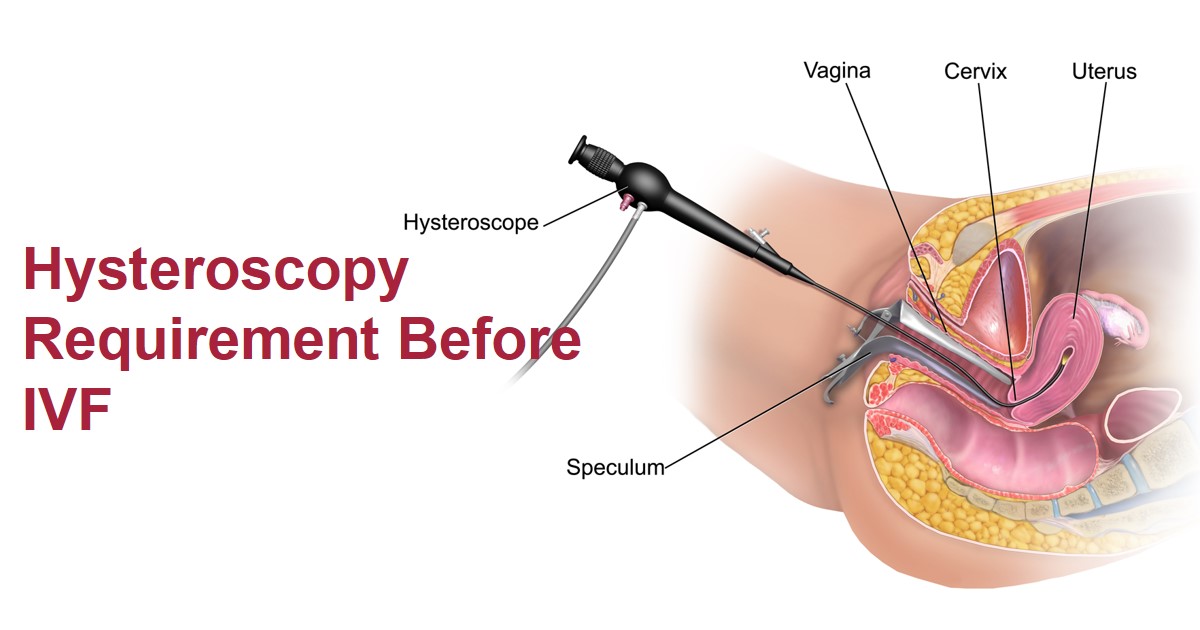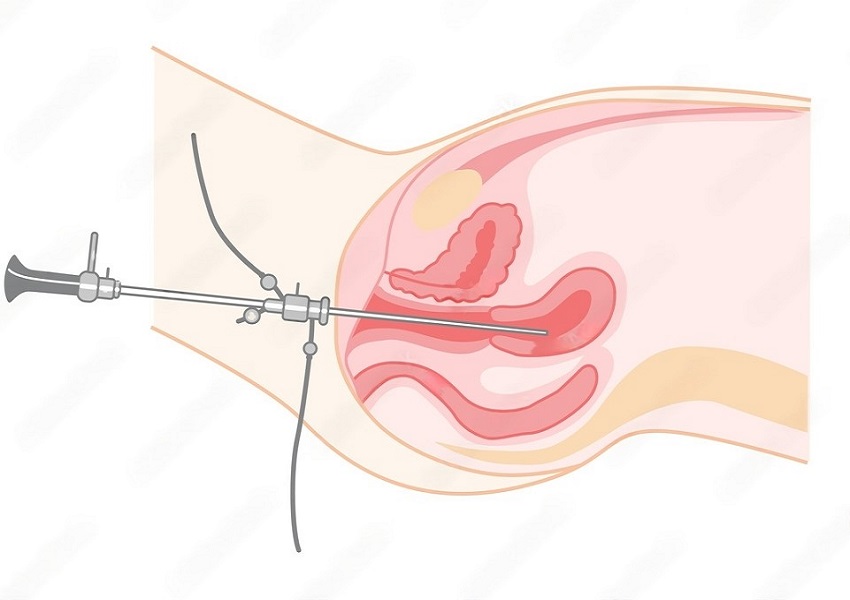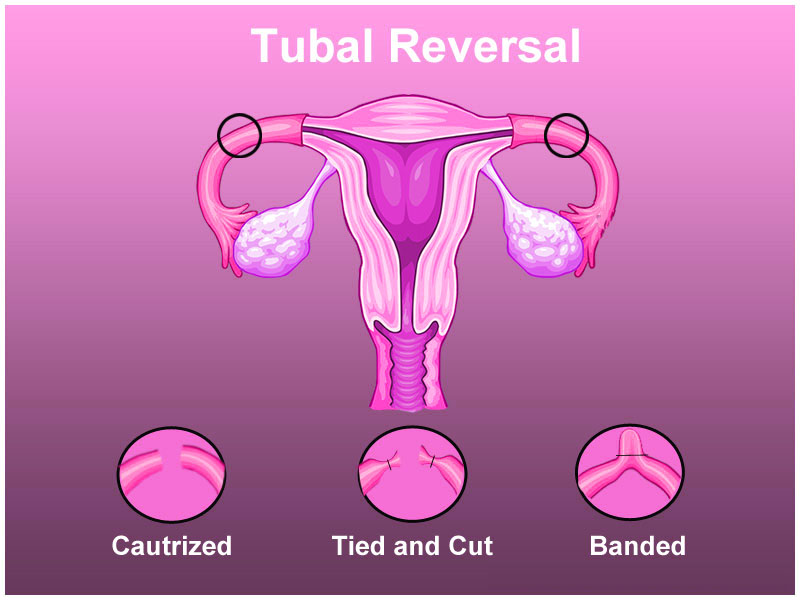Ovarian cancer can be challenging to detect in its early stages because its symptoms are often subtle and can be similar to those of other, less serious conditions. However, it’s important to be aware of the potential symptoms, especially if they persist or worsen over time. Common symptoms of ovarian cancer may include:
1. Abdominal Bloating or Swelling: Persistent bloating or a feeling of fullness in the abdomen, even when you haven’t eaten much.
2. Pelvic Pain: Ongoing or frequent pelvic discomfort or pain, often described as a dull ache or pressure.
3. Frequent Urination: An increased need to urinate, especially if it’s accompanied by a sense of urgency.
4. Difficulty Eating or Feeling Full Quickly: Changes in appetite, difficulty eating, or feeling full after eating only a small amount.
5. Changes in Bowel Habits: Changes in your bowel movements, such as constipation or diarrhea, that are not explained by other factors.
6. Unexplained Weight Loss: A sudden or unexplained loss of weight, which may occur even if you’re eating normally.
7.Fatigue: Persistent fatigue or a general feeling of low energy.
8. Back Pain: Some women with ovarian cancer may experience lower back pain.
9. Menstrual Changes: Changes in your menstrual cycle, such as irregular periods or postmenopausal bleeding, could be a sign of ovarian cancer.
It’s important to note that these symptoms can be caused by various other conditions as well, and having one or more of these symptoms doesn’t necessarily mean you have ovarian cancer. However, if you experience persistent or worsening symptoms, especially if they are severe or if you have a family history of ovarian cancer, it’s essential to consult a healthcare provider for a thorough evaluation and appropriate testing. Early detection and treatment can significantly improve the chances of successful treatment for ovarian cancer.
Consult, personalized advice and guidance from Dr. Arohi Tasgaonkar, a gynecologist in Kasarvadavali at in Complete Women’s Care




